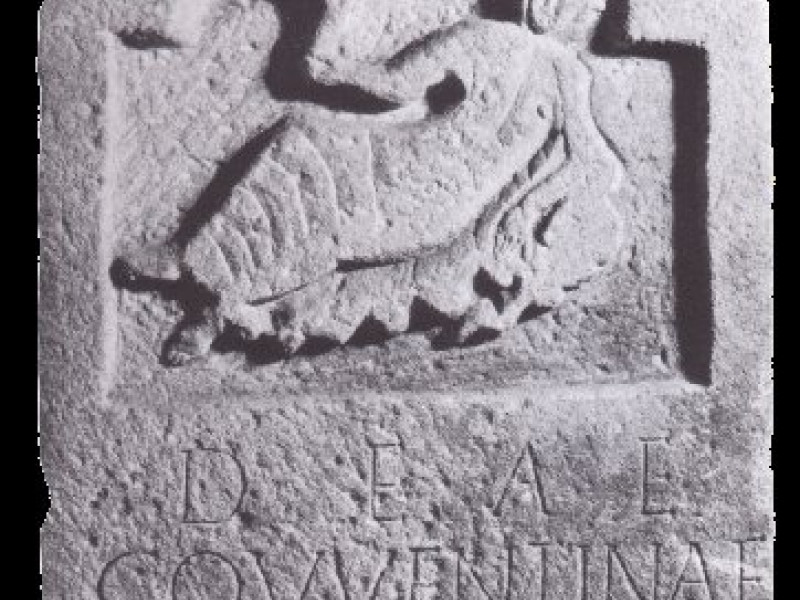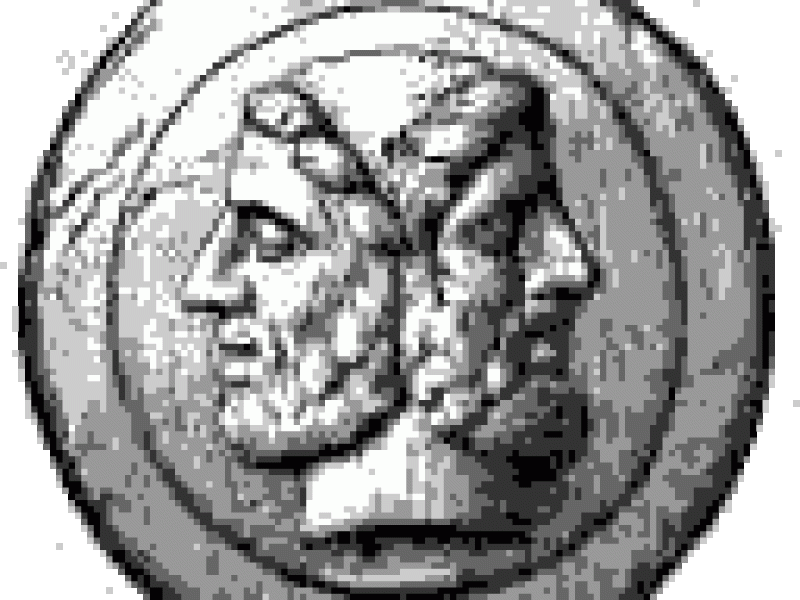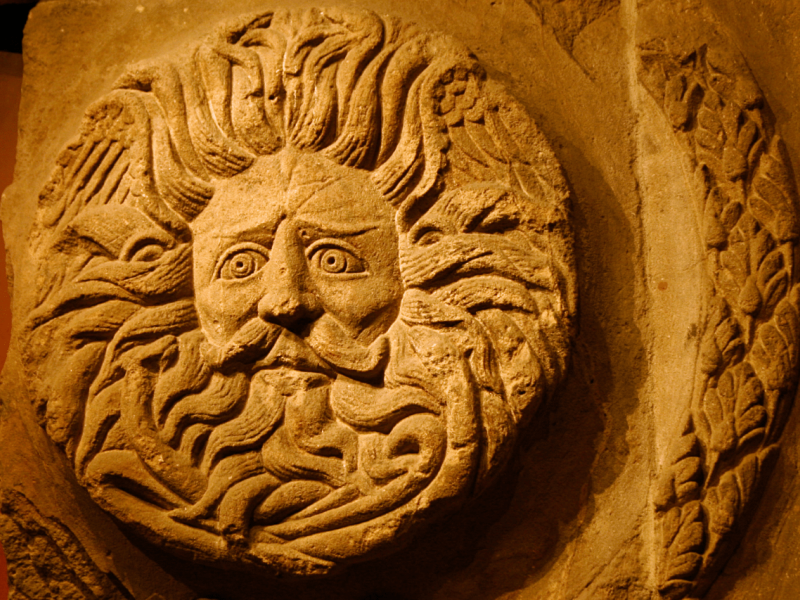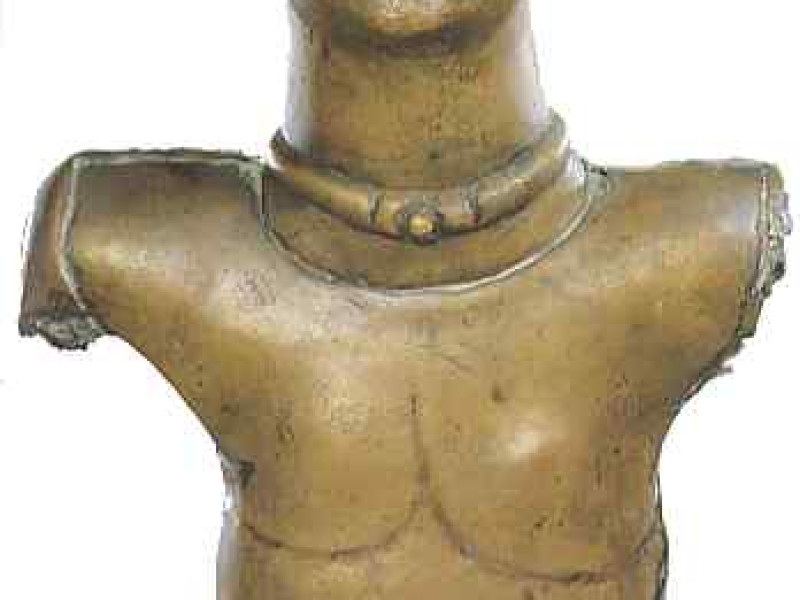Gallic Deities
The following deities found here are ancient Romano-Celtic gods and goddesses found in Gaul (France, Belgium, the Alps and northern Italy) and other parts of Continental Europe (Spain, Switzerland, Austria, etc).
Written sources for these deities mainly come from authors in the classical period of Greece and Rome. These authors lived and wrote from the 4th century BC to the 2nd century AD.
Other evidences of these deities come from archaeology. The main archaeological finds were swords and other weapons, cups and cauldrons, pins, coins, etc. Some of the more interesting pieces of evidence are statuettes of their gods or goddesses.
When Julius Caesar conquered Gaul, he observed the religion of the Gauls, but he equated many of the Celtic gods with Roman names instead of the native Gaulish names. Caesar assigned names such as Mercury, Mars, Apollo, Jupiter, Minerva and Dis Pater (Pluto) to the Gallic deities.
When the Roman empire conquered Gaul, the Rhine area and Britain, they not only brought Roman culture and religion with them, but many of the Empire's citizens in these areas, both with Roman and non-Roman backgrounds, either adopted or continued to worship these Celtic gods.
It wasn't until the imperial Roman period that we find different names for these gods, which can be found on statues and monuments with inscriptions. However, these names are Romano-Celtic, and the inscriptions were written in Latin. The Celts still didn't have their own written language. Even with these names, the Roman writers still equated them with the names of Roman deities.
Please note that some of these ancient Celtic deities can also be found on the page called Welsh and British Deities. Some of these ancient Celtic deities, like Lugus, Camulos and Cernunnos, were popular in both Continental Europe and Britain, so I have listed some of them under Gallic Deities (this page). Otherwise, they will be listed under the British deities page.
I would also like to point out that most of the Gallic or British gods that we know, were not always universally accepted. Many of the Gallic gods were localised to a particular region or tribe. Only some deities were more widely accepted than others. And some gods were known by different names in different places.
Also, the Celtic people really didn't have their own writing system. The ogham scripts were a later invention, perhaps dating back to the 3rd century AD. However, the worshippers of the Celtic gods did adopt Greek or Latin writing. So, most of the names of Celtic deities have come down to us from Latin or even Greek inscriptions.


Abellio

Abnoba

Aericura

Alisanos

Ancamma

Andarta

Arduinna
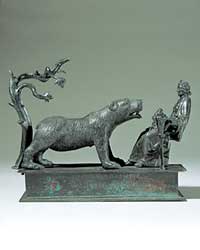
Artaius

Aveta

Belenus

Borvo

Brigindo

Camulos

Cathubodua

Cernunnos

Epona

Esus

Genius Cucullatus

Grannus

Lenus

Lugus

Matres

Nantosuelta

Nehalennia

Nemausius

Ogmios

Rigisamus

Ritona

Rosmerta

Rudiobus

Sequana

Sirona

Smetrios

Sucellus

Taranis

Tarvus Tigaranus

Teutates

Vosegus
Related pages
By Jimmy Joe
